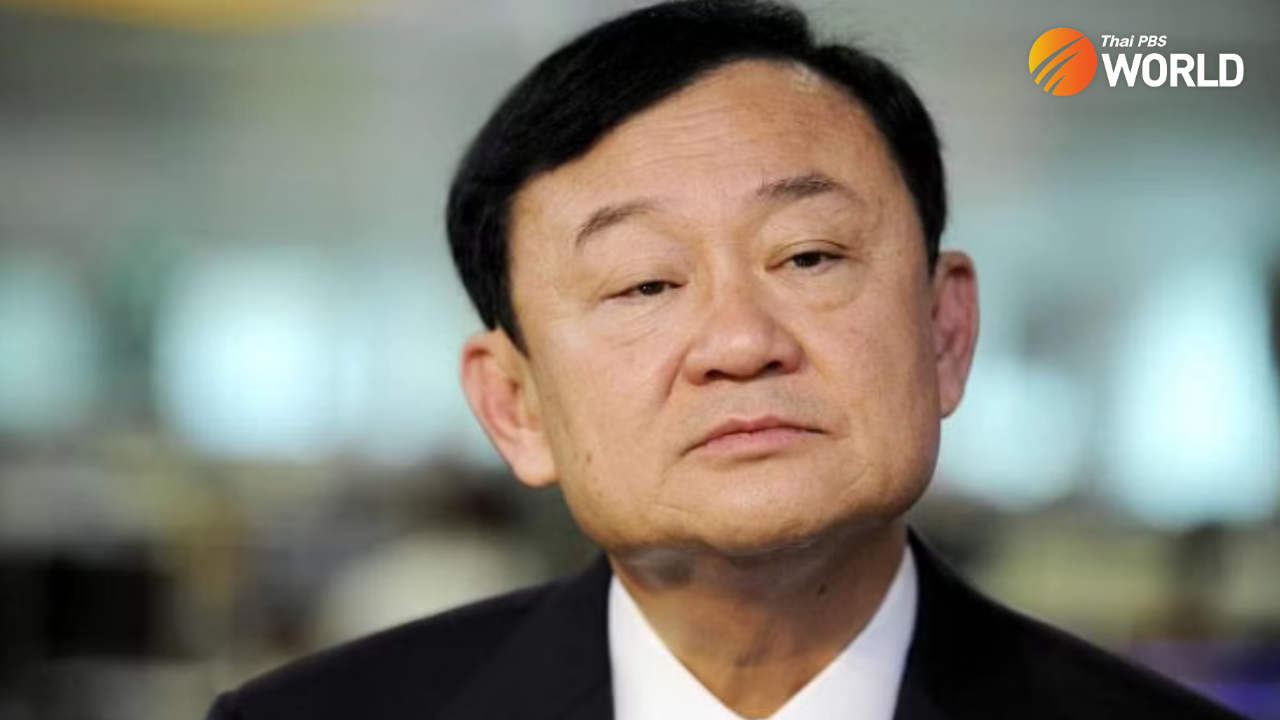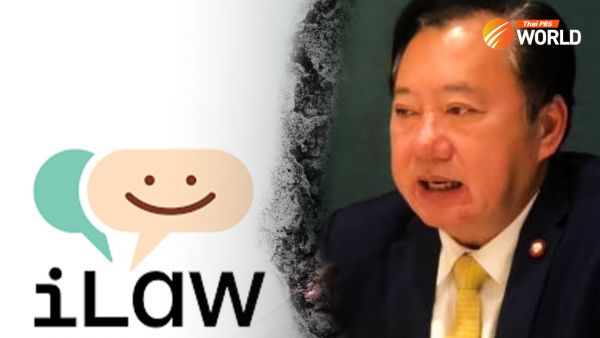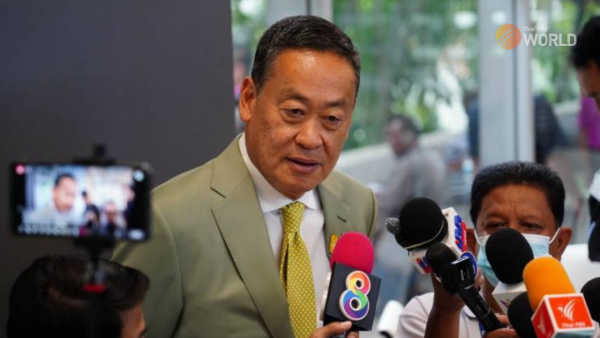Why release of Thaksin could be a tipping point for Thai politics

The expected release of convicted former prime minister Thaksin Shinawatra next week is set to inject more heat into the simmering powerplay between conservative elites and the ex-PM, analysts say.
The ex-premier is expected to be freed on bail even if he is hit with a fresh charge of lese majeste under Article 112 of the Criminal Code. The Office of the Attorney-General is considering whether to indict Thaksin for allegedly defaming the monarchy with comments he made in South Korea in November 2009.
However, this new case is unlikely to prevent Thaksin’s release on parole when his 180-day detention is up on February 18, even though he has spent all but a few hours of that period in the Police General Hospital, according to political observers.
His daughter Paetongtarn has reportedly said Thaksin will stay at his family mansion of Ban Chan Songla in Bangkok after being set free on parole. The 74-year-old will not be required to wear an electronic monitoring ankle bracelet given his advanced age (over 70) and severe health conditions, reports said.
Flashpoint for Thai politics?
Olarn Thinbangtieo, a lecturer at Burapha University’s Faculty of Political Science and Law, says that freeing Thaksin on bail at a time when many young activists charged with lese majeste are being denied temporary release is likely to trigger allegations of judicial bias. And this could add more heat to the already simmering political dispute, he warned.
“This case could harm the justice system’s reputation. If Thaksin is granted bail, people will ask why the young suspects have not been released too. We will see political chaos again,” the analyst predicted.
He added that although the conservative elite – represented by military-backed parties stemming from the 2014 coup that ousted his sister Yingluck’s government – has joined hands with Thaksin in governing the country, the resulting pact is shaky.
The elites want Thaksin to “play by the terms of their prearranged deal”, but he and his proxy ruling Pheu Thai party appear to be straying off the agreed path, Olarn said.
Thaksin’s move to serve his prison term at the hospital has made the conservative establishment uncomfortable, the analyst added.
He said that the “VIP treatment” allegedly being enjoyed by Thaksin appeared to be denting public confidence in four major institutions – the military, the police, the justice system, and the bureaucracy. The four institutions serve as foundations for the Thai monarchy, which would be undermined if their credibility is called into question, Olarn continued.
“Had Thaksin been willing to serve his full term in prison, the situation would be better. The fact that he has not actually stayed in prison has brought the justice system into question. And the monarchy lies at the top of this hierarchy,” Olarn said.
After 15 years of self-imposed exile overseas, Thaksin returned to Thailand on August 22 last year to serve prison terms for corruption stemming from his 2001-2006 tenure as prime minister, which was also cut short by a military coup. He was originally sentenced in absentia to eight years in prison.
However, he received a royal pardon soon after his return last year, which reduced the sentence to one year in jail.
Less than 24 hours after landing on Thai soil, Thaksin was sent from Bangkok Remand Prison to the Police General Hospital for treatment of unidentified health issues. He has reportedly been there ever since.
His long hospital stay has aroused suspicions about the seriousness of his illness while triggering allegations that he is enjoying VIP treatment from authorities. Some even suspect that Thaksin is no longer at the hospital.
Thaksin’s cunning game?
Olarn said that if Thaksin had played by the rules and opted to stay in prison, he could have enjoyed privileges behind bars.
“That would have been a better choice, resulting in no problems. But he chose to stay at the hospital even though he had already been granted a royal pardon,” he added.
However, the analyst believes Thaksin could be playing a cunning political game to undermine the conservative elite while maintaining the loyalty of his hardline red-shirt supporters.
The Thai elite is losing trust in Thaksin and becoming increasingly suspicious that Pheu Thai will join hands with the reformist opposition leader, Move Forward, Olarn said.
Move Forward and Pheu Thai came first and second respectively in last May’s general election and forged an alliance to set up a new government. But Move Forward’s prime ministerial candidate Pita Limjaroenrat was blocked from becoming PM when most of the junta-appointed Senate refused to vote for him. Pheu Thai then switched sides and formed a coalition with conservative parties, a move that triggered sufficient support for its candidate Srettha Thavisin to become prime minister.
‘Hidden card up his sleeve’
Olarn believes the conservative elite is worried Thaksin may be waiting for the Senate’s constitutional power to select a prime minister to expire in May.
That would explain why Thaksin is being threatened with a lese majeste charge while Move Forward is facing a threat of dissolution from complaints that its policy to amend or abolish Article 112 amounts to an attempt to overthrow the constitutional monarchy, the analyst said.
He also noted that following Thaksin’s brush with Article 112, Pheu Thai appears to have changed its plan to exclude lese majeste from its planned amnesty for political cases.
Phumtham Wechayachai, a key Pheu Thai figure, said last week that any dispute over the lese majeste charge must be settled before the amnesty bill is submitted to Parliament for deliberation. He maintained that his party’s stance on the matter was unchanged despite the lese majeste accusation against Thaksin.
Olarn also pointed to disputes that are making it difficult for the Pheu Thai-led government to run the country.
These include strong opposition to the digital wallet scheme to distribute 10,000 baht to most Thais aged 16 or over, and a motion submitted by 98 senators for a parliamentary debate to grill the Cabinet on seven issues – economic problems, law enforcement, education, energy, foreign affairs, constitutional amendments, and national reform.
Olarn also highlighted a possible power shift when the current Senate’s term expires in May, predicting the appointment of several senatorial candidates linked to Move Forward and Pheu Thai.
The analyst also forecast that Pheu Thai will likely betray the elite parties to join hands with Move Forward in the run-up to the next general election, as it is unlikely to defeat the popular reformist party in a national vote.
“They may not be working together now. But Move Forward and Pheu Thai will certainly join hands in the next election. If they fight against each other, Pheu Thai would definitely lose,” he predicted.
By Thai PBS World’s Political Desk






